Best Gynecology Hospital in Kochi
- Home
- /
- Best Gynecology Hospital in Kochi




The Department of Gynaecology, Obstetrics, and Infertility at Sunrise Hospital provides Comprehensive and Compassionate Care to women throughout all stages of their lives. Our team of highly skilled and experienced doctors is committed to delivering the highest standard of Medical Care. We understand that women have unique healthcare concerns and strive to offer personalized, evidence-based treatments to meet their individual needs.
Successful cases
Average patient satisfaction rating
Advanced infertility treatments



Routine Gynaecological Examinations and Screenings
Diagnosis and Treatment of Gynaecological Conditions such as Menstrual Disorders, Pelvic Pain, and Urinary Incontinence
Contraception Counseling and Management
Menopause Management and Hormone replacement Therapy



Comprehensive Prenatal Care, including Regular Check-ups, Ultrasounds, and Prenatal Screenings
Management of High-Risk Pregnancies
Labor and Delivery Services in a supportive and comfortable environment
Postpartum Care and Support for New Mothers



Evaluation and Diagnosis of Infertility Issues in both Men and Women
Assisted Reproductive Technologies, such as In Vitro Fertilization (IVF) and Intrauterine Insemination (IUI)
Fertility preservation options
Counselling and Emotional support throughout the Fertility journey
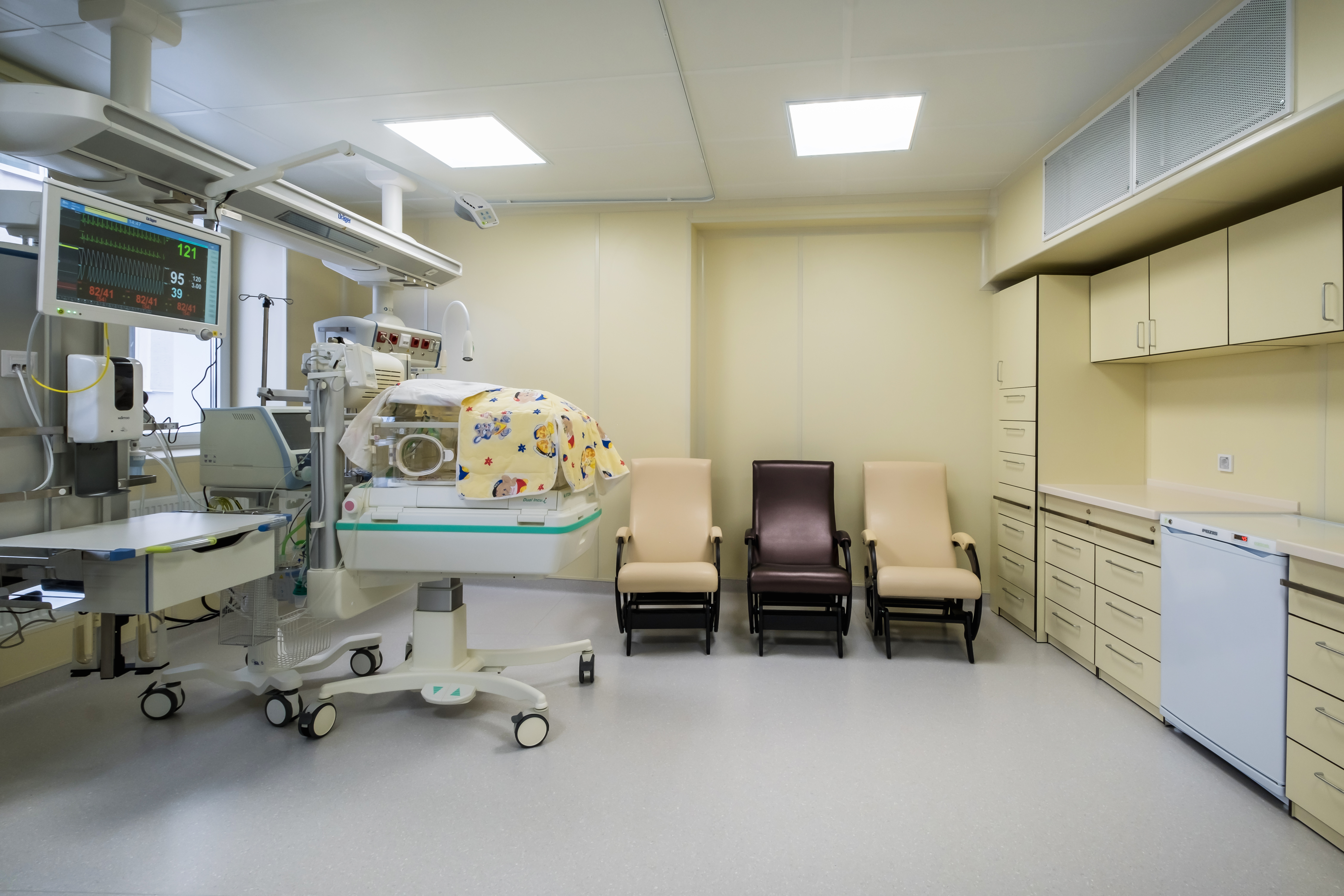
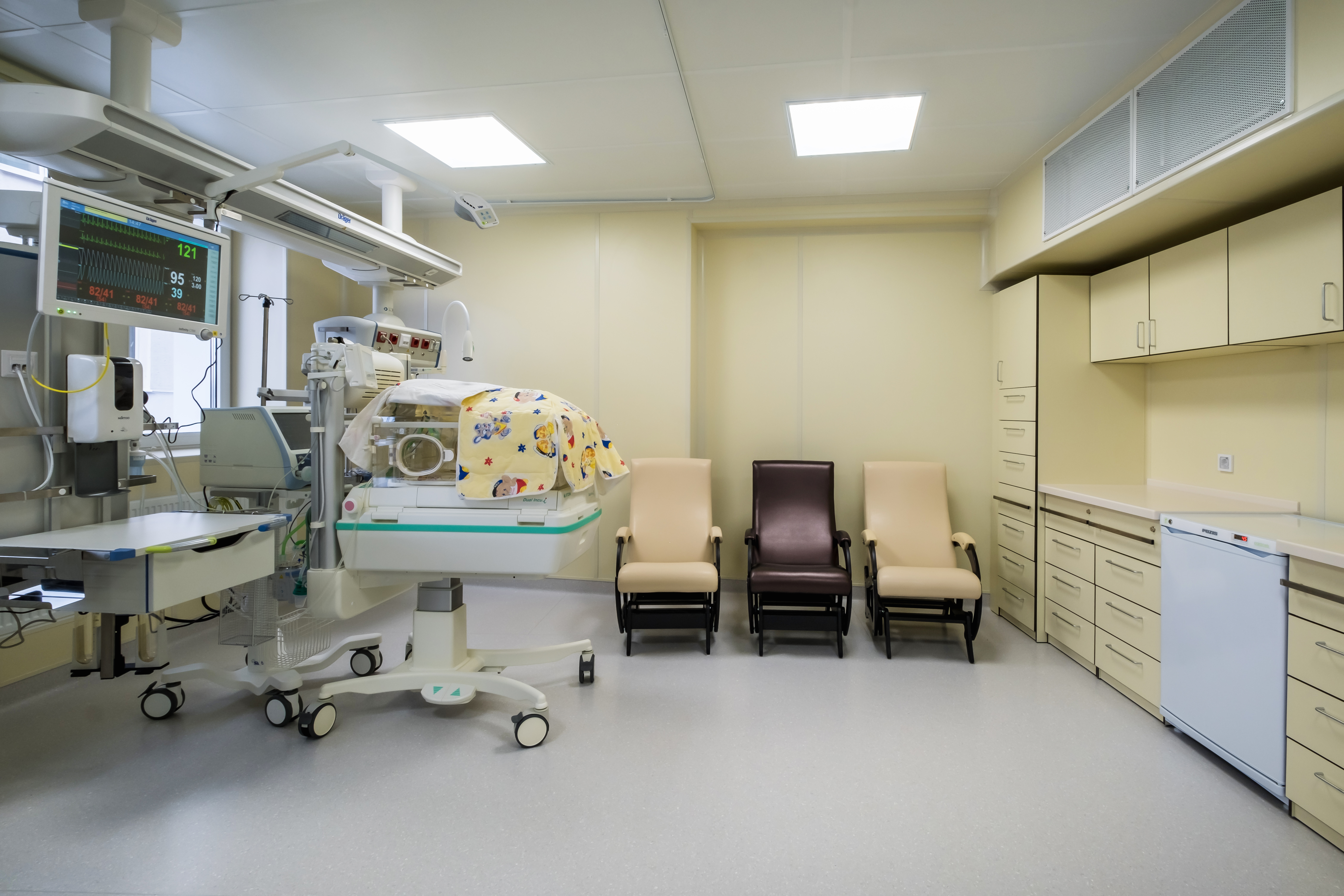
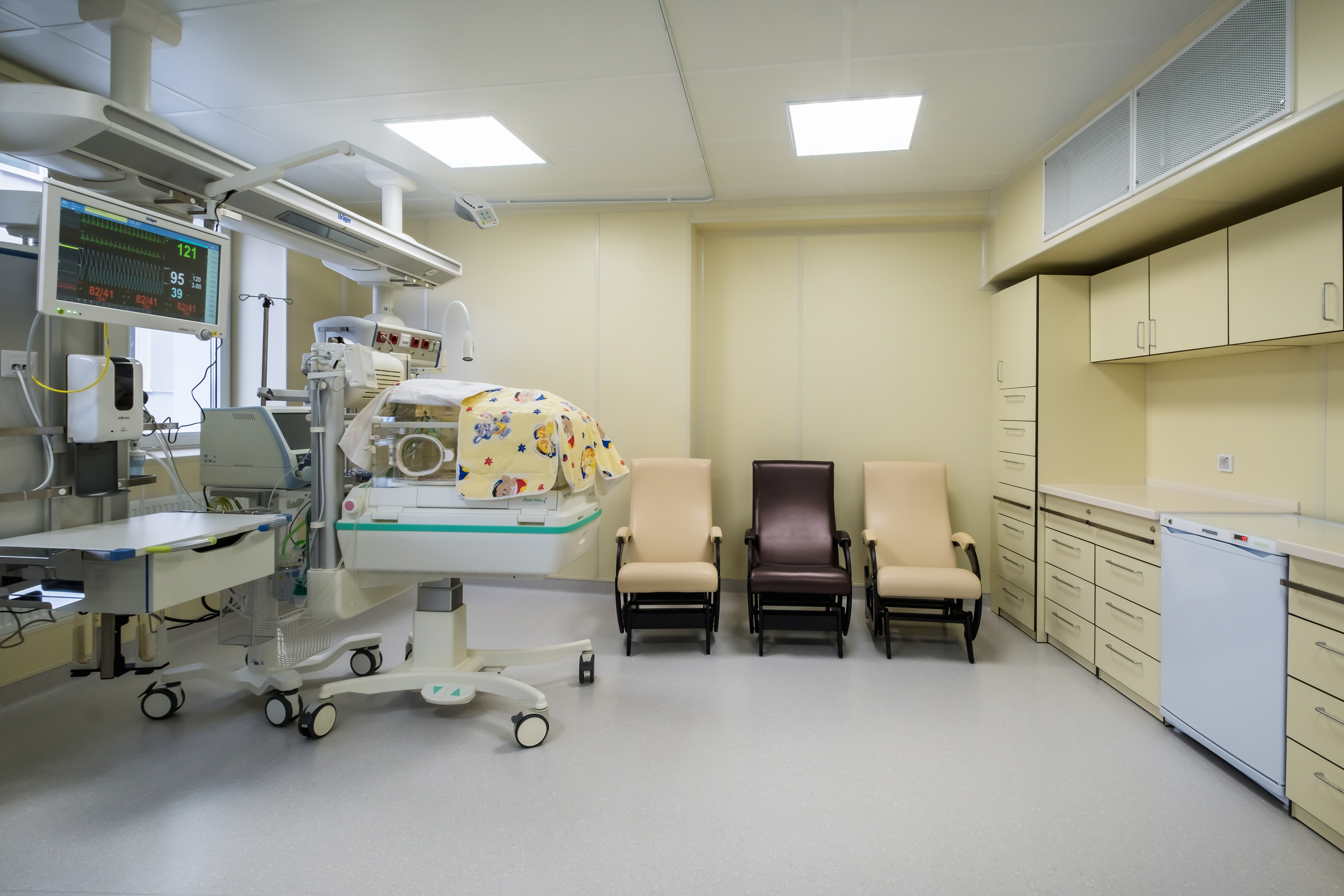
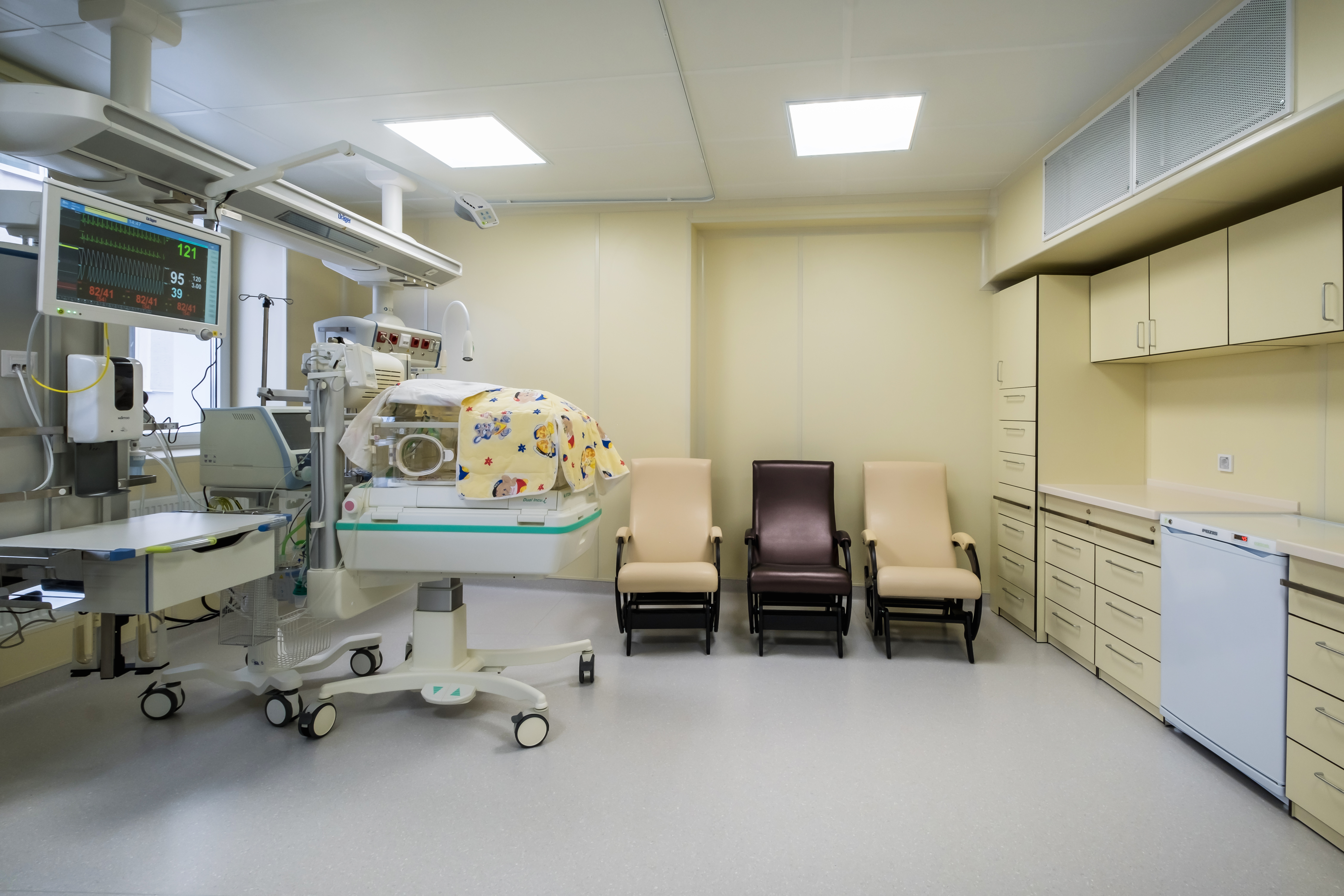
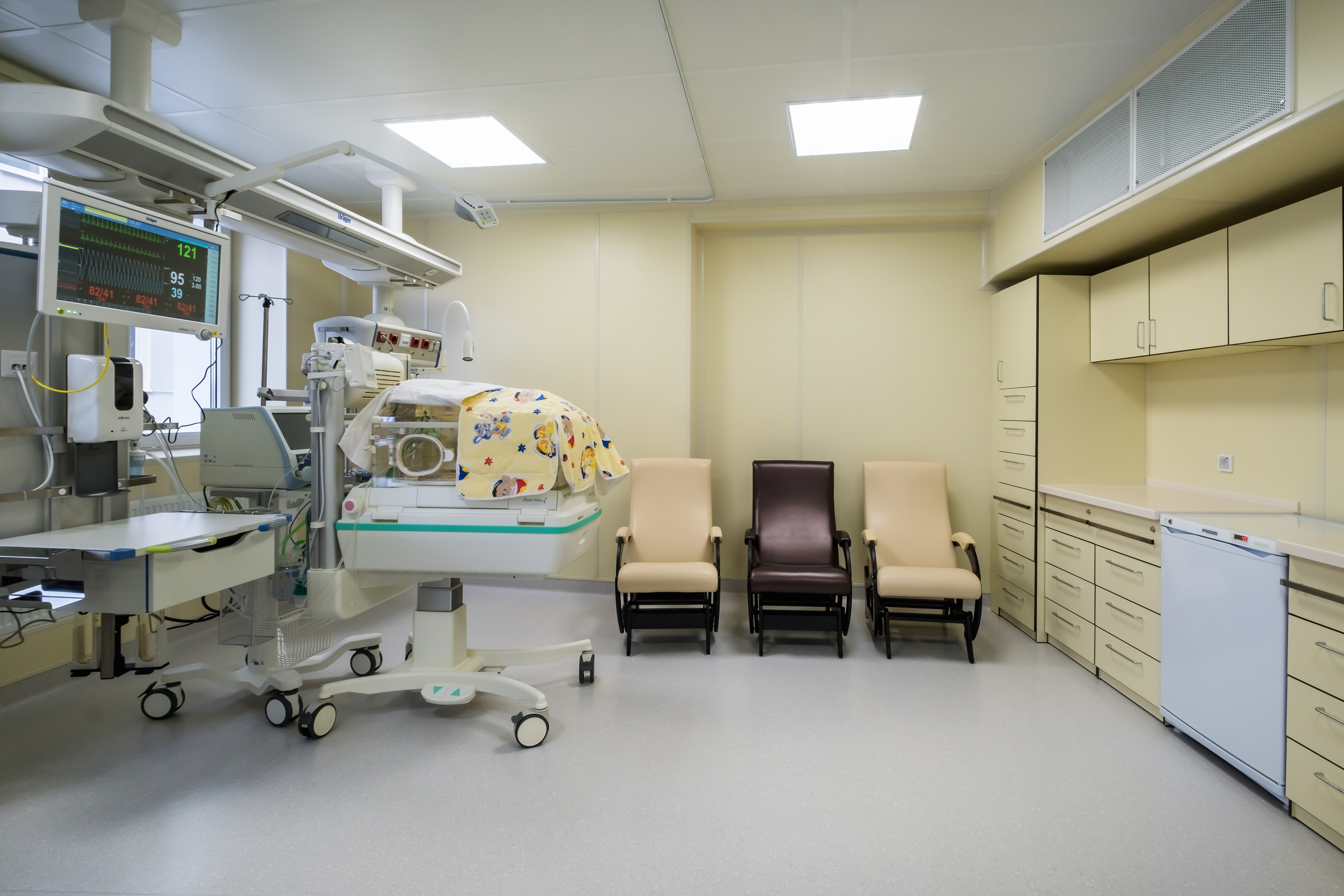
Dr. Hafeez Rahman is a Consultant Gynaecologist & Laparoscopic Surgeon and the Head of the Department of Obstetrics & Gynaecology at Sunrise Hospital since October 2005, performed highest number of Laparoscopic Surgeries i.e. more than 1,20,000 Laparoscopic Surgeries. Moreover, he performed first Laparoscopic Cancer Surgery in UAE, Banglade...
A Gynaecologist Specialising in Infertility, Dr. Aby Koshy is an expert in his field. An alumnus of the prestigious Government Medical College, Kottayam and Armed Forces Medical College, Pune. He secured the first rank in the University of Pune and went on to clear the membership examination (MRCOG) of the Royal College of Obstetricians and Gynaeco...
Dr. Sonia Hafeez Padiyath, an upcoming Gynecologist and Obstetrician Based in Kochi, India. With her unwavering commitment to Women's Health, Dr. Sonia has become a trusted name in the field of Gynecology, Particularly in Gynecological Laparoscopic Surgery in a short span. Her Dedication to Improving Women's lives through Advanced Surgical Techniqu...
Dr. Ayesha Hafeez Padiyath, is aspiring to be a Gynecologist and Obstetrician and currently serving as a Registrar in the esteemed Department of Gynecology and Obstetrics at Sunrise Hospital, Kochi. Her journey in the field of medicine has been driven by a deep commitment to women's health and well-being. She has embarked on a medical career with...
Dr. Shemini is a distinguished Obstetrics and Gynecology Consultant at our Hospital. With a solid foundation in Medical Education, Dr. Shemini holds an MBBS degree and has achieved the prestigious DNB (Diplomat of National Board) in Obstetrics and Gynecology. She holds a cumulative experience of more than a decade as a Medical Practitioner and thre...
Sunrise hospitals , Experience, Expertise, Care

Quality of the Care Process, Communication, follow up, staff service.

Doctors were good and they treated my mother well..

I've just had a most enjoyable experience at Sunrise Hospital.

Dr. Nassar Yusuf provided me with expert consultation, demonstrating deep expertise and care.

The doctors and nurses and everyone cares about every patient..

Everyone on nursing duty at 3rd floor was very well behaved and very caring from admission to discharge they were truly angels on earth. Special thanks to Dr Gregory Sir and everyone who helped with the surgery..

Where Compassionate Care Meets Healing Excellence.
Your Pathway to Wellness Begins Here.
Sunrise Hospital, Seaport – Airport Road, Kakkanad, Kochi 682 030, Kerala, India A Unit of Sunrise Institute of Medical Sciences Pvt Ltd, Kerala, India.
32AAICS4341K2ZB
Copyright © 2024 IPIX. All Rights Reserved